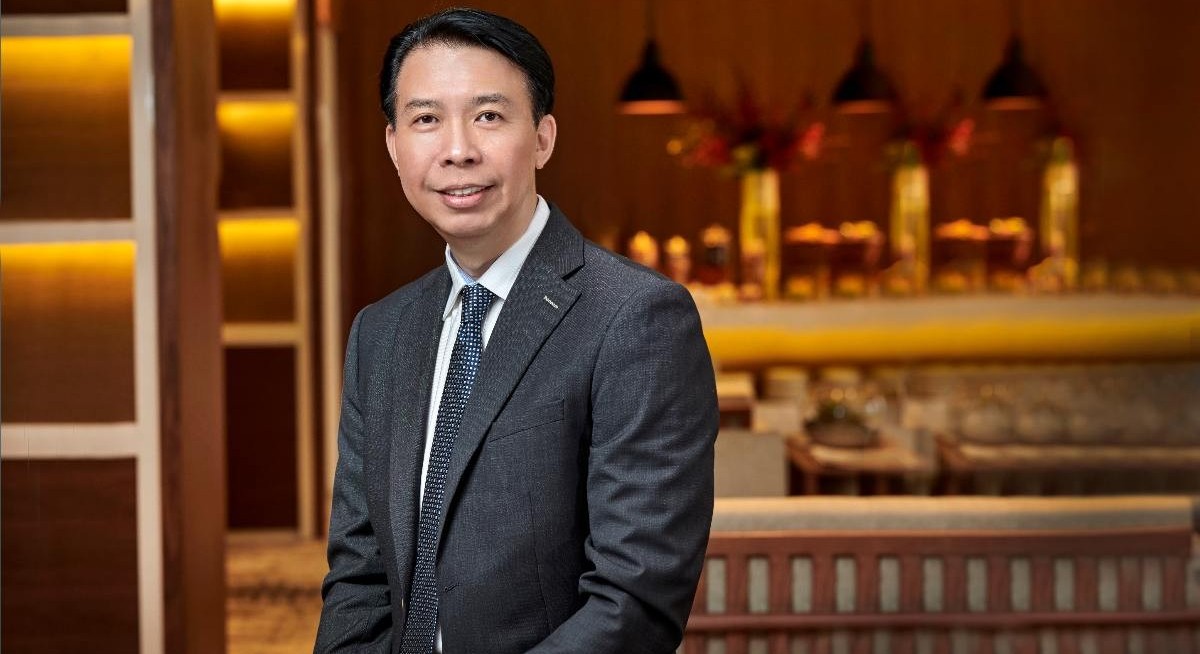Under FEOR30, Far East Orchard aims to scale an integrated lodging platform built around its hospitality and student accommodation assets, as well as its fund management platform. The group’s hospitality assets comprise Far East Hospitality (FEH) and Toga Far East (TFE) Hotels, while student accommodation assets include the beds from Homes for Students (HFS), which the group now holds an 84% stake in.
By 2030, Far East Orchard is targeting $3 billion in core assets under management (AUM), up from $2 billion currently, which will contribute 50% of its income.
The group also aims to grow its portfolio to 110,000 rooms and beds — 25,000 rooms and 85,000 beds — which will generate the remaining 50%. As at November, the group has over 72,000 rooms and beds, comprising over 17,500 rooms and over 55,000 beds. Notably, the goal of achieving 25,000 beds remains unchanged from its earlier 2025 target.
Across its three pillars — hospitality, purpose-built student accommodation (PBSA) and fund management — Far East Orchard plans to grow FEH in Japan and expand into Southeast Asian markets like Indonesia, Thailand and Vietnam, while increasing its exposure to the UK and Europe through TFE.
See also: Nanyang New Development to buy gold bullion dealer
In PBSA, the group aims to grow its fee-based business via HFS and enter the build-to-rent (BTR) and co-living space in the UK and Europe. The group will also look to optimise and recycle capital within its UK PBSA portfolio.
For fund management, the group plans to build a lodging-focused fund management platform and seed new funds with a mix of its existing assets and new acquisitions.
On the additional $1 billion in AUM, Far East Orchard CEO Alan Tang says the sum could take the form of a fund focused on hospitality and PBSA assets, or a broader lodging platform that may eventually encompass BTR, co-living and senior living. For now, however, he prefers to keep the plans general.
See also: SGX sees a stronger IPO pipeline after posting record half-year results
The group will also divest non-core assets, including its medical suites, SBF Center, Woods Square, Westminster Fire Station and the freehold land which Orchard Rendezvous Hotel sits on. According to CFO Joanna Gok, about 25% of Far East Orchard’s assets are currently classified as non-core and are available for sale.
Going asset-light
Far East Orchard’s roadmap reflects a broader shift among developers looking to prioritise recurring income and scale.
In October 2024, Hongkong Land said it would focus on investment properties in Asia’s gateway cities, exit the build-to-sell segment and recycle capital into new integrated commercial property opportunities.
It also set clear targets for 2035 such as doubling its dividend per share and underlying PBIT, diversified earnings across cities with no single city accounting for over 40% of its bottom line and growing its investment properties AUM to US$100 billion ($130.2 billion) among others.
While Far East Orchard’s targets similarly emphasised on recurring income, Linus Loo of Lim & Tan Securities pointed out that, unlike Hongkong Land, the group has yet to articulate how its shareholders will benefit, whether through higher dividends or a narrower valuation gap.
In response, Tang says both groups are not comparable, noting Hongkong Land has a “lot more levers” and more non-core assets. He adds that the speed of capital recycling is not something the group can control, given that a few of Far East Orchard’s non-core assets are tied to joint ventures.
To stay ahead of Singapore and the region’s corporate and economic trends, click here for Latest Section
While he acknowledges that the group is not prepared to share any hard targets yet, he points out that the group has been conducting divestments and rewarding its shareholders with special dividends. The last two divestments, Rendezvous Hotel Perth Central in December 2024 and units in Tanglin Shopping Centre in December 2022, saw the group nearly fully distributing its proceeds.
To RHB Bank Singapore’s Vijay Natarajan, FEOR2030 is poised to ultimately lift shareholder returns and return on equity (ROE) “with the right execution”.
“PBSA as a segment has been in strong demand with institutional investors due to its countercyclical nature and low correlation to other real estate asset classes, and the acquisition of an additional 35% stake in HFS further cements Far East Orchard’s position as a dominant player in [the] UK PBSA market. We see potential for it to scale up this business in other markets as well,” he tells The Edge Singapore.
Natarajan also views the planned divestment of some $1 billion in non-core assets over the next five years as a “positive move” that could unlock value and capital, with shareholders potentially benefiting from special dividends. However, he flags key risks such as geopolitical challenges and foreign exchange (forex) risks.
Derek Tan of DBS Group Research is “excited” about the group’s prospects. “[FEOR2030] should fit the overall value-up initiative that MAS (Monetary Authority of Singapore) is pushing, but honestly, I was hoping for more guidance on returns [and/or] profit growth, which management has really yet to share. Nevertheless, we await more updates on that front.”
Lim & Tan Securities’ Chan En Jie notes Far East Orchard’s growing exposure to student accommodation following its increased stake in HFS. He adds that the divestment of the group’s non-core property development assets could crystallise some value, where the group could redeploy funds into its core lodging and fund management platform and potentially reduce its valuation gap where it is trading slightly below 0.5 times to book.
For now, FEOR30 offers a broader direction. However, with no firm commitments on shareholder returns and with room targets unchanged, investors may have to wait to determine the group’s pace of divestments and capital recycling, before a re-rating feels justified.




